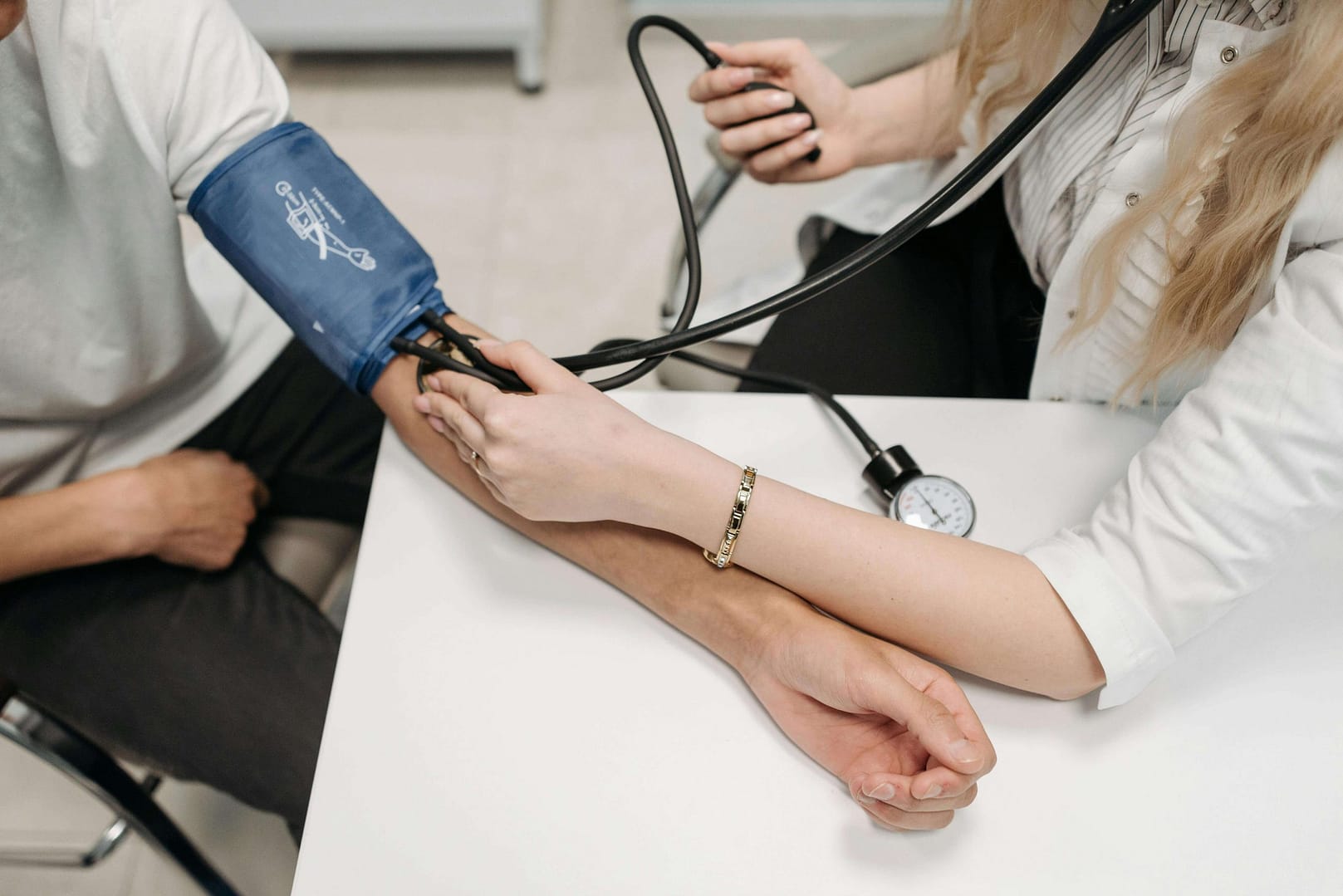Cardiology injuries, issues affecting the heart and its function, can be worrying. They can range from minor to severe, sometimes with long-lasting impacts on your life. So, let’s shed some light on how these injuries can happen and what to look out for.
What Types of Cardiology Injuries Are There?
Sadly, there’s a wide variety of ways the heart can be hurt:
- Heart Disease: The biggest category. This includes problems like coronary artery disease (clogged arteries), heart attacks, and heart failure.
- Arrhythmias: Irregular heartbeats – too fast, too slow, or with an erratic pattern. These can range from harmless to life-threatening.
- Structural Damage: Blunt force trauma (like in car accidents) can tear heart muscle or rupture valves. Certain infections can inflame and scar the heart tissue.
- Congenital Heart Defects: These are birth defects that affect the heart’s structure or function. They can be picked up in childhood or remain unnoticed until adult life.
What Causes Cardiology Injuries?
The causes behind cardiology injuries are just as varied as the injuries themselves. Some major culprits include lifestyle factors like smoking, high blood pressure, an unhealthy diet, and a lack of exercise. These massively increase the risk of developing heart disease over time. Unfortunately, accidents such as car crashes, sports injuries, or falls can also inflict direct damage to the heart.
It’s important to be aware of existing medical conditions too – diabetes, high cholesterol, and even some medications can put strain on your heart. Sometimes, infections caused by viruses, bacteria, or other harmful organisms can attack the heart and its protective lining. Finally, genetics play a role – if you have a family history of heart problems, your own risk might be higher.
Spotting the Signs – When to Worry
Cardiology injuries don’t always announce themselves with flashing lights. That’s why it’s crucial to pay close attention to your body. If you experience chest pain (the classic heart attack sign, but it can also manifest as a dull ache, tightness, or pressure), or shortness of breath, especially if it comes on without reason or gets worse when you’re active, it’s time to take note.
Feeling your heart thumping out of rhythm, skipping beats, or racing for no apparent reason – those are called palpitations and should also raise concern. And finally, unusual, persistent fatigue or swelling in your ankles, legs, or belly, could be signs that your heart is struggling. It’s vital to remember: NEVER ignore these symptoms. Get medical attention quickly, especially if the pain is severe or you have other risk factors for heart disease.
Diagnosis and Treatment – What Does That Involve?
Getting a proper diagnosis is key to managing cardiology injuries. Here’s what you might expect:
- Doctor Consult: They’ll talk about your symptoms, medical history, and lifestyle.
- Physical Exam: They’ll listen to your heart, check blood pressure, and look for signs of fluid build-up.
- Tests: An ECG (heart rhythm tracing), blood tests, imaging scans (like X-rays, echocardiograms, or CT scans) can offer more clues.
- Treatments: Medications, lifestyle changes, and procedures like stenting for narrowed arteries or surgery to address structural problems.
Receive a Call About Your Claim
Prevention is Better Than Cure
The good news is, many cardiology injuries are preventable! Focus on these:
- Healthy Lifestyle: Balanced diet, regular exercise, no smoking, managing stress…these go a long way.
- Regular Checkups: Control those risk factors! See your doctor for blood pressure, cholesterol, and diabetes monitoring.
- Know Your Family History: If heart problems run in the family, extra vigilance and checkups are wise.
Making a Cardiology Injury Negligence Claim with National Claims
At National Claims, we understand that medical errors can have life-altering consequences, especially in the complex field of cardiology. If you believe that substandard medical care led to a heart-related injury (like a misdiagnosed heart attack, surgical error, or incorrect medication), our team is here to help. We specialise in helping victims of medical negligence secure the compensation they deserve so they can focus on their recovery.
Free Consultation
Let’s start with a free consultation to discuss the specifics of your case. We’ll listen carefully to your experience and assess the circumstances surrounding your cardiology injury. This allows us to give you initial advice on whether you have a strong claim, considering the intricate nature of cardiac care.
*No Win, No Fee **
National Claims believes that access to justice shouldn’t be limited by financial worry. For this reason, we operate on a “No Win, No Fee” basis. You won’t pay any upfront legal fees. Our fees are dependent on whether your claim is successful, allowing you to pursue your case without undue financial stress.
*Customers pay up to 25% (incl. VAT) of the amount recovered towards solicitor costs and if you cancel outside your cooling off period, you may be charged a fee.
Conclusion
Cardiology injuries can be daunting, but knowledge is power. By understanding the risks and looking after your heart health, you can minimize your chances of developing problems. And if an injury does occur, getting swift medical care and knowing your options for support (including potential compensation) can make a major difference in your recovery.
Contact us today to speak to one of our claims agents who will be able to help you get started on your claim.
Click below to see why we are one of the most trusted claims management companies in the UK.

We’re proud of our excellent customer reviews
We thrive on delivering exceptional service and ensuring our clients’ satisfaction. Don’t just take our word for it. Check out some of our independent reviews to see what our clients have to say.
Excellent

This firm is excellent, they sorted out my car pay out and injury claim very fast, they always communicate with you all the time.

My accident case was dealt with confidence and with great result of the outcome, especially James kept me informed all the time.

I was very impressed at the way my inquiry was treated. I was listened to attentively and everything I needed to know was explained to me.






